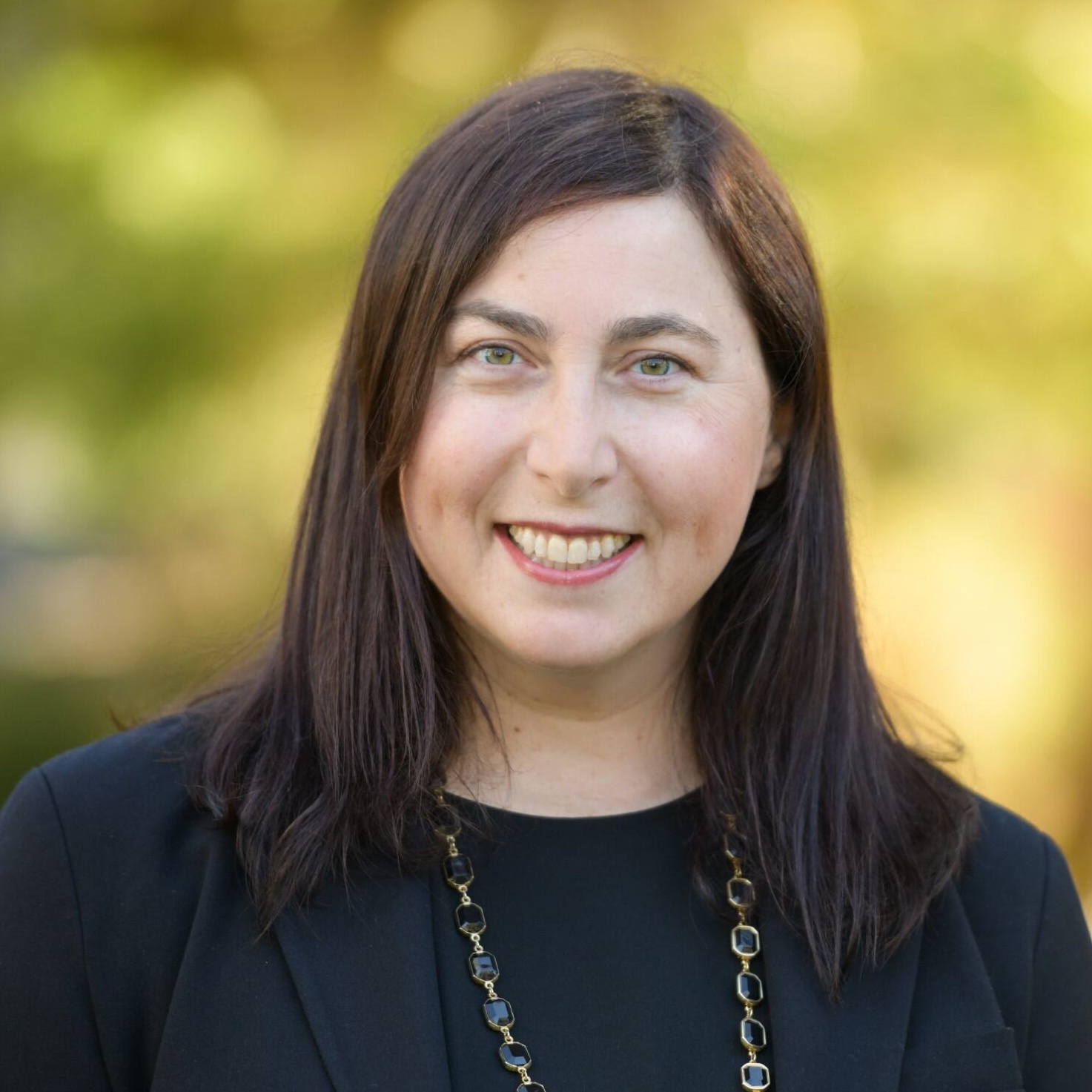Mia Maltz
Assistant Professor of Microbial Ecology and Soil Health
Mia Maltz is a soil microbial ecologist working at the interface of community ecology, biogeography, and mycology. Her work broadly focuses on community responses to disturbance, which feedback to influence plant and fungal community structure and ecosystem functioning.
Maltz studied at the University of California, Irvine where she received her Ph.D. in Ecology and Evolutionary Biology, with an emphasis on Ecological Restoration and Fungi. Her dissertation work in Kathleen Treseder’s Lab of Fungi, Ecosystems, and Global Change looked at the effects of ecosystem degradation on fungal community composition and function. Specifically, she evauated which restoration techniques affect fungi along with methods for restoring mycorrhizal fungal function within degraded landscapes. Maltz was a UC President’s Postdoctoral Fellow in the Division of Biomedical Sciences at UC Riverside between 2020 and 2023. Her research overall focuses on fungal communities and functional ecology in novel ecosystems, including pumice plains, drying lakebeds, and the lung mycobiome.
Research
Microbial mediation of ecological restoration
In Maltz Lab, we investigate disturbed and polluted ecosystems like post-fire sites, brownfields, or abandoned urban yards such as those in Hartford, CT to explore plant-fungal extraction of heavy metals, remediation of organic pollutants, and restoration of soil and multiple ecological functions. This work examines how fungi, and other microbes, ameliorate threats and foster ecological resilience in severely threatened and degraded systems and how fungal traits and community interactions support ecosystem responses to global change drivers.
Dispersal of airborne fungi
Maltz Lab explores responses of aeolian microbiomes to increased erosion which promotes microbial dispersal and increases aerosolized toxins. These aeroallergens and irritants likely impact air quality and human health. Current work examines low-impact methods for reducing airborne pathogen burdens and minimizing dust emissions, as well as evaluates indoor dust microbiomes with community health implications.
Not Currently Accepting Graduate Students
The Maltz Lab officially launched in Fall 2023 and is actively growing. We aim to recruit undergraduate students at all stages and encourage applicants to further develop research proposals and to apply for fellowships to obtain funding to support their scholarship in Maltz Lab.
Other Websites:

| mia.maltz@uconn.edu | |
| Phone | 860-486-1944 |
| Office Location | YNG 118 |
| Courses | PLSC 2120. Environmental Soil Science, PLSC 2125. Soils Lab, PLSC 3120E. Soil Microbiology Fungi, Fire, Flood |
| Link | Miamaltz.com |
| Research Interests |
|